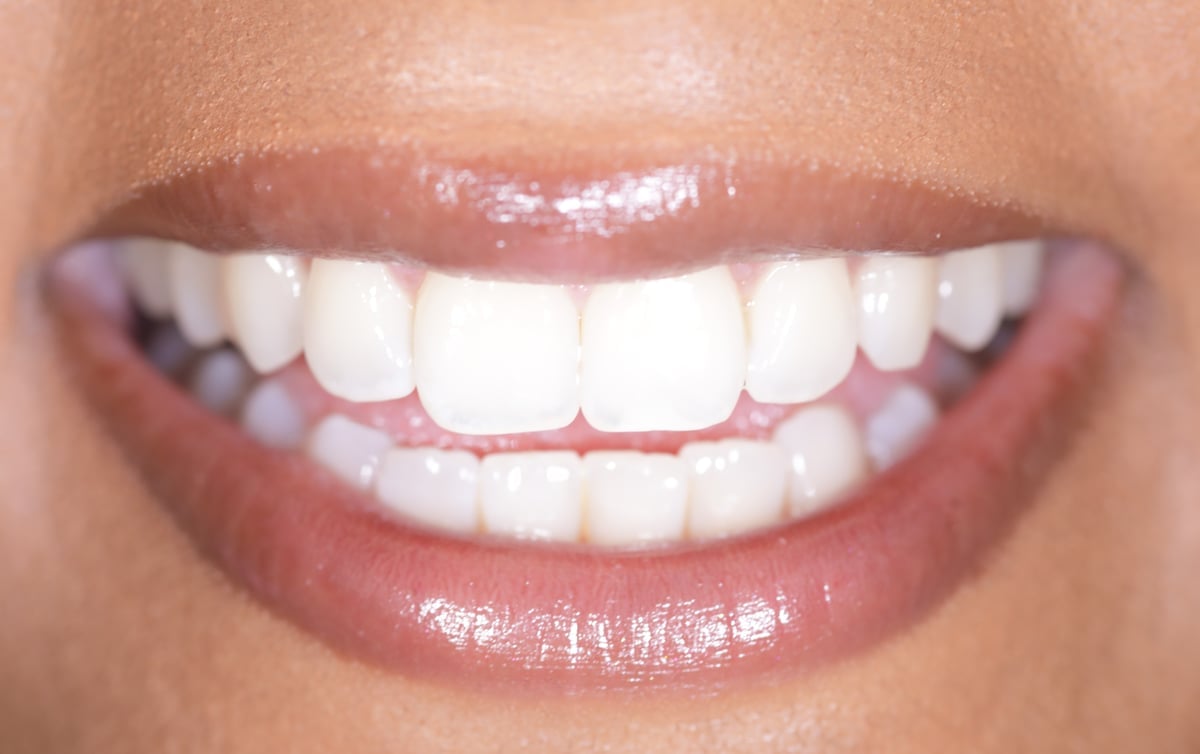
We’ve seen 'free from' labels on products trending for a while now in skincare, haircare, makeup, 'natural' deodorant, and now, they've made their way to toothpaste.
With more and more 'natural' or 'fluoride free' products popping up in supermarkets and even luxury beauty retailers, you're not alone if you're wondering what exactly fluoride does, and what the go is with those 'fluoride free' options.
Watch: When you've got something in your teeth. Post continues below.
To find out more about the buzz around this trend, I spoke to expert Dr Rita Trak, Facial and Cosmetic Dentist and founder of Melbourne’s Dental and Skin Clinic. Here's what she had to say.
What does fluoride have to do with teeth?
The short version: it helps to strengthen teeth. Our teeth are mostly made up of two molecules, calcium and phosphate, which form a 3D diamond structure called hydroxyapatite.
When fluoride from our saliva comes into contact with our teeth, the hydroxyapatite crystals are converted into an even stronger diamond structure, called fluorapatite.
As we live our lives – eating, drinking, chewing, brushing our teeth, sleeping – these diamond structures are constantly losing and regaining minerals, which is normal. If we lose more than we gain, that’s when permanent damage occurs.






























































































